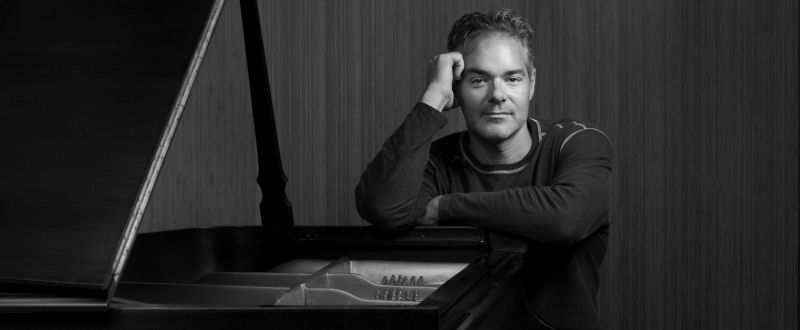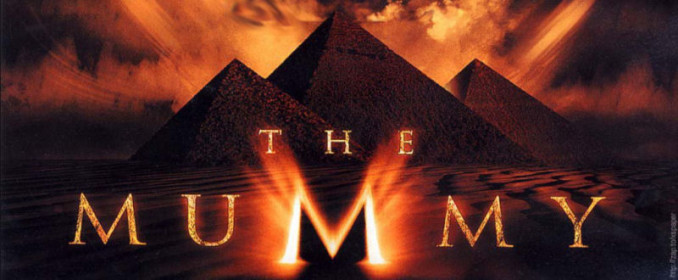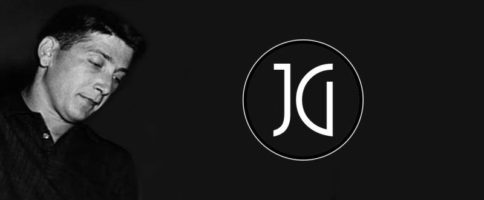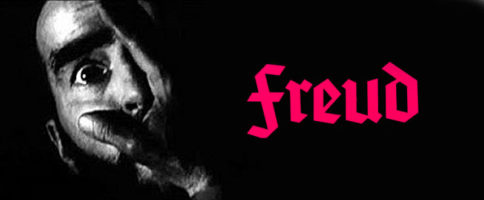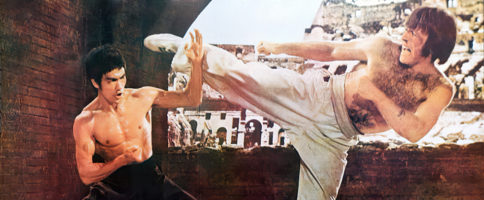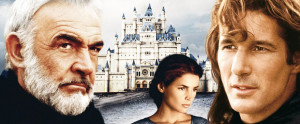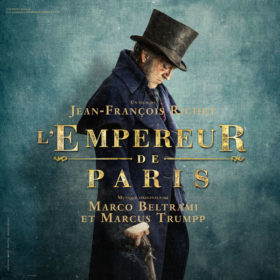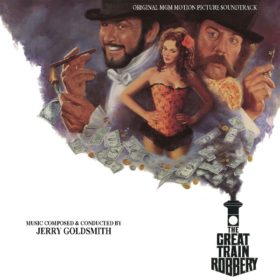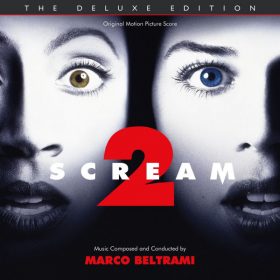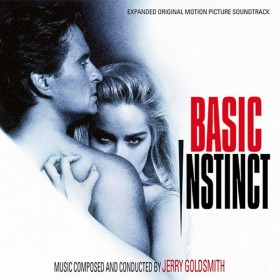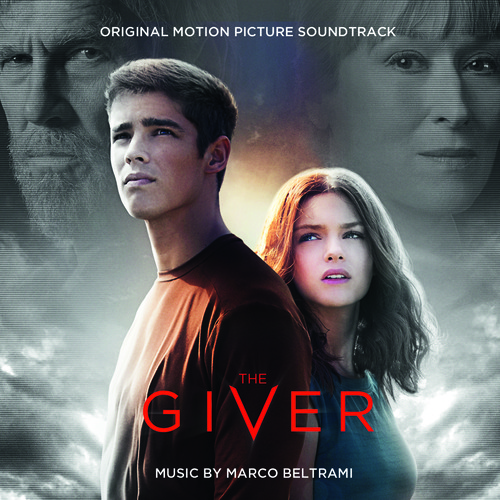![]() CLIQUEZ ICI POUR LIRE LA TRADUCTION FRANÇAISE
CLIQUEZ ICI POUR LIRE LA TRADUCTION FRANÇAISE
After musical beginnings playing piano at the age of 6, the discovery of synthesizers and electronic music and a short-lived career of keyboards player with several rock bands as a teenager, after a detour in Italy to be teached by Luigi Nono and a comeback to the USA to follow the lessons of Jacob Druckman at the Yale School of Music, Marco Beltrami applied the the famous University of South California where music composition was taught by Jerry Goldsmith. He talks here about his learning under the wing of the maestro.
Why did you choose Jerry Goldsmith for teacher?
I applied to USC for the film scoring workshop, and he was the guest teacher that year. I figured if this was the craft I was choosing for myself, than I’d better see what the true master had to say about it.
What did Jerry Goldsmith represent for you before your teaching with him?
The epitome of original american film music.
What were the subjects of this teaching?
We took scenes from the movies he was working on at the time : Forever Young, Matinee and scored them as he was scoring them. He would then critique them and even bring in the director to critique them.
What kind of teacher was he?
Very direct, no nonsense. If he liked something he let you know, if he didn’t you definitely knew.
What parts of his teaching did impress you the most?
That it wasn’t just about fulfilling the needs of a particular scene. He would write (and make us write) complete 24 bar melodies, including A and B themes, even if you never had a chance to use it in the movie. It was a question of discovering the essence of the film in music, that was the puzzle and everything else was technical.
What are for you the keywords of his teaching?
Melody and economy. Not overwriting for a scene, do get a desired effect from the orchestra, and capturing the essence of the film through melodic content.
What about his point of view for a good collaboration with a director?
Getting inside his head and viewing the film from his point of view. Also, realizing that the director has much more at stake than we as composers do.
The use of synthesizers and, in a general way, the question of orchestrations for a movie?
Orchestration for him was not merely a flowery way to color musical ideas. Instead, the timbral choices were an integral part of musical communication, not separated from the powers of melody and harmony. Synthesizers were an extension of the non-orchestral palette.
The place of music in a movie?
Never neutral, never wallpaper. Play aside of the story without calling attention to itself.
Would you say that his positions for these questions are today traditionnal or still progressive?
The fact that he is still regarded as a true master is evidence that his positions on these questions are timeless.
What would you say about Goldsmith’s vision of actual state of film music?
I remember after a couple openings of his films some depression on how low the music was mixed. All this effort put in, attention to details, to lift the film to a higher plateau and the director not having the foresight to recognize this. Now that its happened to me a few times, I empathize with these feelings of frustration.
In the same way, what would you say about Jerry Goldsmith’s place in film music history?
Without Jerry, film music would probably be in a different place than it is now. I think he, more than any other composer bridged the gap between the old hollywood scoring style and the the modern film composer.
At last, is there something you want to add about him or his teaching ? Any stories?
He was working on the film Matinee, and he gave the students a couple scenes to work on concurrently with him. I wrote this tango for the John Goodman character and was very nervous about it because it seemed far-fetched, but played it to him at the piano. « Damn » he said « I should have done a tango » and I remember feeling so elated. It was the highest compliment I could have received and I thank him for his honesty. It was in that moment I realized there are no rules to this business : the more creative one can be the more rewarding this job is. Also, I always found it incredible that no matter how busy and in demand he was, he was always so concerned with what his next project was. Perhaps this lack of complacency, this thought that « this could be my last job » is what kept him on the cutting edge all these years. Jerry never seemed one to rest on him coattails. This has resonated deeply with me.
Interview conducted on September 2001 by Florent Groult.
Transcription : Florent Groult.
Pictures : © www.marcobeltrami.com





